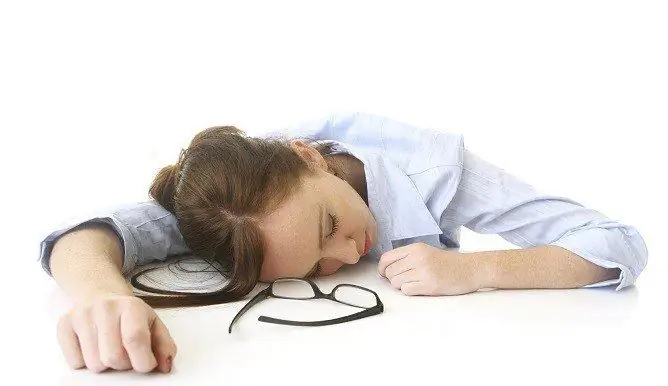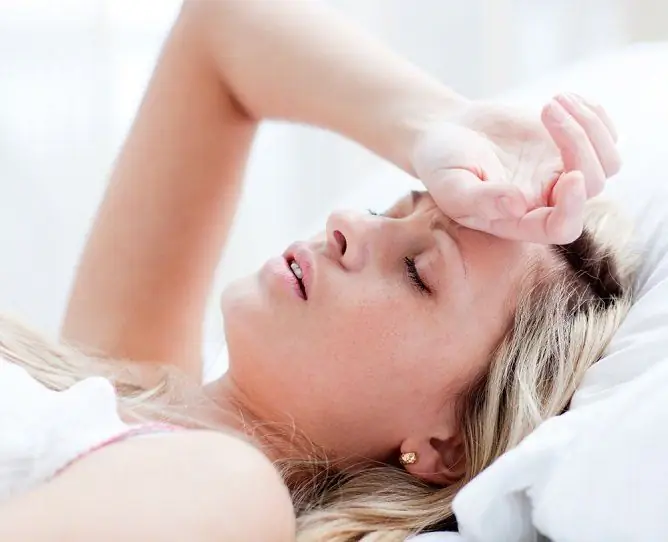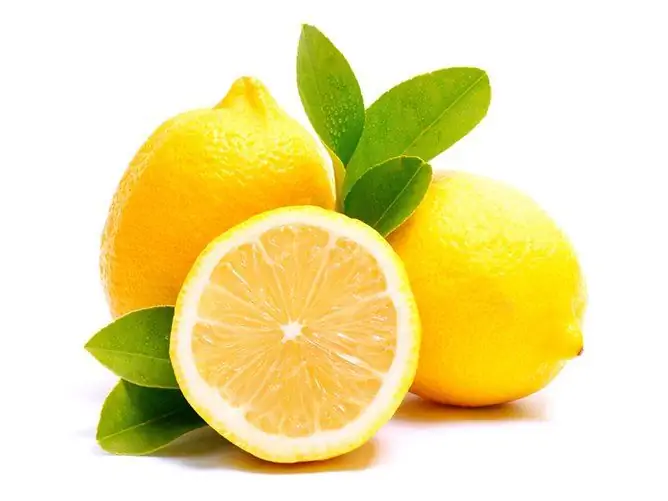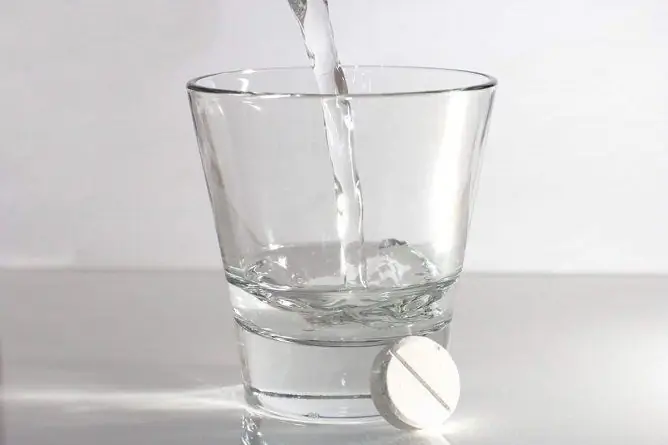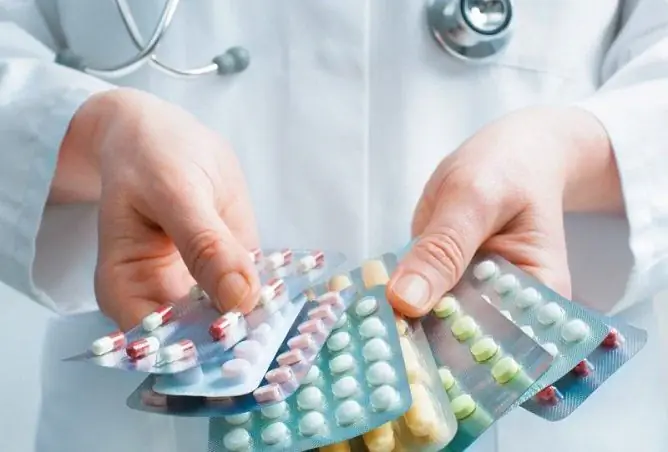- Author Rachel Wainwright wainwright@abchealthonline.com.
- Public 2023-12-15 07:39.
- Last modified 2025-11-02 20:14.
Drugs for increasing blood pressure: tablets and other drugs
The content of the article:
-
Drugs that increase blood pressure
- Caffeine
- Other stimulants of the nervous system
- Anticholinergics
- Alpha adrenergic agonists
- Corticosteroids
-
Home blood pressure medications
- Lemongrass tincture
- Eleutherococcus
- Ginseng tincture
- Rosehip
- Leuzea
- Normalization of lifestyle
- Why does blood pressure decrease
- Video
Pills to increase blood pressure are taken when it drops to a critical level, usually this is associated with any disease and requires complex therapy. In other cases, home remedies are sufficient to normalize blood pressure.
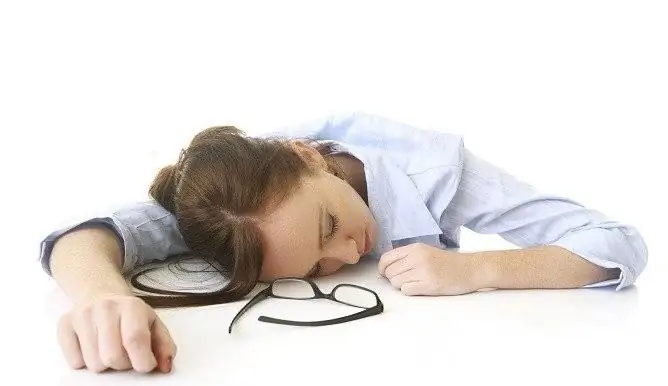
Although low blood pressure is an unpleasant condition, in most cases, drug therapy does not require
Drugs that increase blood pressure
Some blood pressure pills can be purchased without a prescription, but uncontrolled drinking of any medication is not recommended for hypotension. A cardiologist and / or neurologist can treat arterial hypotension, who will conduct the necessary examination, determine the cause of the hypotension and prescribe treatment taking into account the primary disease.
Simply put, in most cases, low blood pressure does not require drug therapy, and in other cases, the pathology is so serious that any independent treatment is impossible, only complex therapy under the supervision of a doctor.
With extreme caution, low blood pressure should be corrected in pregnant women and women during lactation. Elderly patients should not take medications that can sharply raise blood pressure, as this can aggravate the disease.
What products can be used with reduced pressure? The list with the names of drugs for increasing blood pressure is very conditional, since all of them should be used only in the context of the underlying pathology.
Caffeine
Caffeine is a tonic, that is, a pressure-increasing substance that is found in large quantities in coffee and tea. This substance is added to energy drinks and tonics - drinks with a tonic effect. In addition, there are pills that contain caffeine. Under its influence, the blood vessels constrict, which leads to an increase in blood pressure. If necessary, to urgently raise blood pressure, the patient is injected with a 20% caffeine solution.
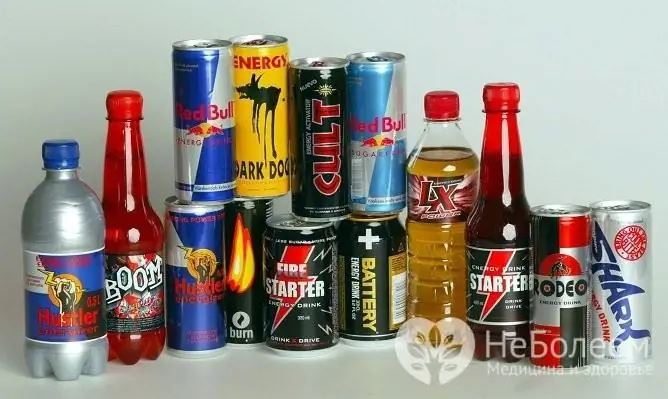
Energy drinks containing high doses of caffeine can be hazardous to health
If you take a small amount of caffeine at normal pressure, it may not change or change slightly, however, it is highly discouraged to abuse caffeine drinks, and even more so drugs, since caffeine is toxic in large doses. In a toxic dose, this substance leads to a sharp excitement of the central nervous system, which depletes nerve cells, causes a pronounced psychomotor reaction, the occurrence of clonic-tonic seizures and a soporous state. Energy drinks that contain caffeine also have a negative effect on the gastrointestinal tract.
Caffeine preparations are contraindicated if a person has arrhythmias and heart failure.
Other stimulants of the nervous system
In case of hypotension, in addition to caffeine, other stimulants of the central nervous system, which can increase blood pressure, may be prescribed. In addition, the drugs of this group in a therapeutic dose help to improve memory and attention, activate mental and physical activity, and increase efficiency. The drugs in this group are classified as doping. Their use requires extreme caution, exact adherence to dosage and medical supervision, since they can cause drug dependence, as well as a number of undesirable effects - anxiety, headache, psychomotor agitation, psychosis. This group includes Fenamin, Fenotropil, Sydnocarb, Cerebrolysin, Bemegrid.
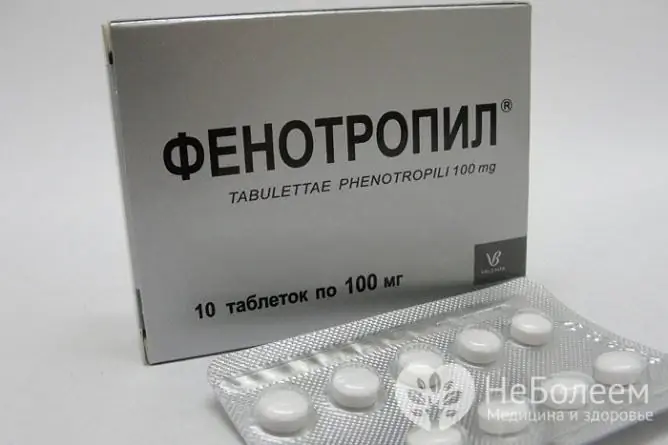
Phenotropil refers to a psychostimulant and is taken only under strict indications under the supervision of a doctor
Anticholinergics
The drugs of this group, also called anticholinergics, block the action of acetylcholine, a mediator of the nervous system, thereby having a tonic effect on the blood vessels of the brain, improving blood circulation, and increasing the protective properties of the body. However, in Western medical literature, this group is sometimes referred to as "delirians" because of their potential to cause mental illness. In addition, they affect smooth muscle, heart rate, secretion of the internal glands, and therefore are taken only on strict indications. The most famous representative of this group is Atropine. Also, the drugs in this group include Cyclodol, Aprofen, Diphenhydramine.
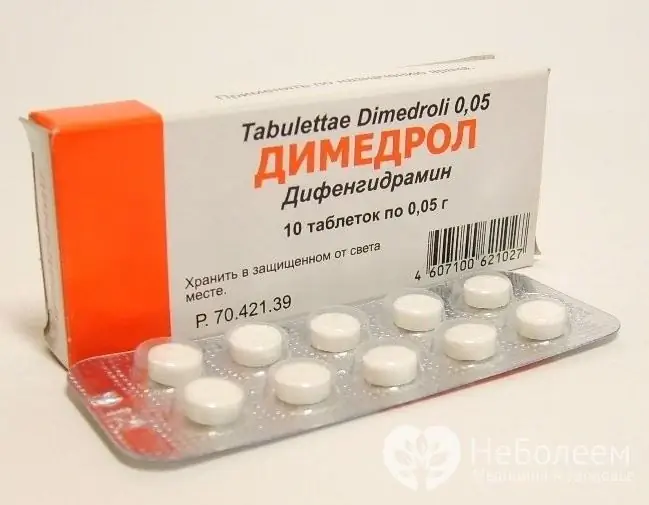
Diphenhydramine is a popular representative of the anticholinergic group
Alpha adrenergic agonists
When hypotonic crises, fainting, and orthostatic disorders appear against the background of low blood pressure, alpha-adrenergic agonists are prescribed to patients, which affect alpha-adrenergic receptors, causing narrowing of blood vessels and an increase in blood pressure. If used incorrectly, they can cause systemic side effects: nausea, headache, tachycardia, hypertension, sleep disorders.
The drugs in this group are Midodrin, Glycine, Mesocarb. Also, alpha-adrenergic agonists include Norepinephrine, a fast-acting drug that is used as an ambulance when it is necessary to increase a strongly reduced pressure.
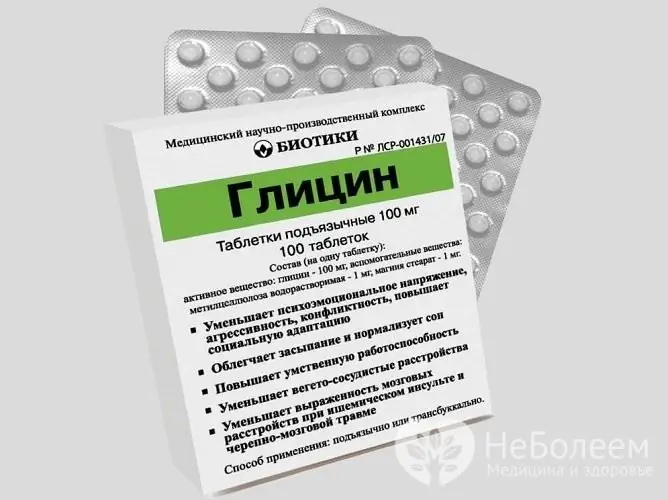
Glycine is a drug related to alpha-adrenergic agonists
Corticosteroids
In some cases, corticosteroids are used for arterial hypotension. These drugs can be prescribed for hypotension against the background of a systemic allergic reaction, with orthostatic hypertension and in a number of other cases. These drugs also cannot be used uncontrollably, since mistakes in their use can lead to serious consequences.
An example of a corticosteroid used to treat hypotension is Fludrocortisone.
Home blood pressure medications
Lemongrass tincture
Provides an effective increase in blood pressure, if used in a therapeutic dose has a minimum of side effects. It is recommended to consume 25 drops of the tincture before each meal. The remedy is contraindicated in case of heart disorders, insomnia. Lemongrass tincture is not recommended to be taken at night. If during therapy the patient develops insomnia, the last intake of the tincture should take place no later than 16:00.
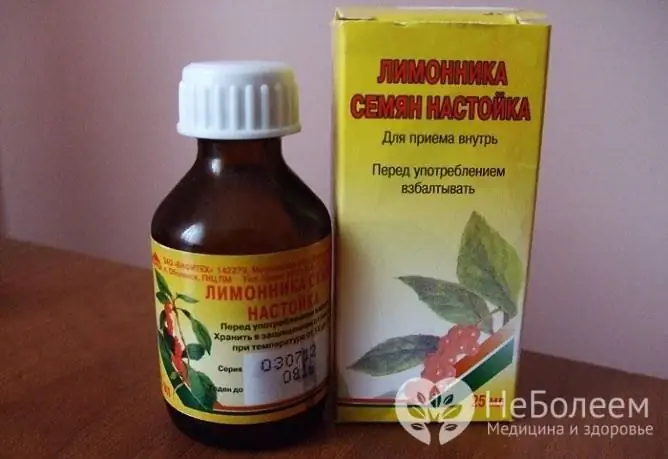
Lemongrass tincture is an effective tonic
Eleutherococcus
It has a positive effect on the central nervous system and has a tonic effect. Not recommended in case of increased excitability of the nervous system, sleep disorders. A liquid extract of Eleutherococcus is taken 15-30 drops 1-3 times a day (depending on the age and body weight of the patient).
Ginseng tincture
Ginseng tincture has a positive effect on the cardiovascular system, helps with insomnia, stress, neuroses. It is used as a tonic, tonic, increases the body's resistance to infections, improves performance. Sleep disturbances may develop when using ginseng tincture in the evening.
Rosehip
The normalization of blood pressure is one of the properties of rose hips, which also helps to strengthen blood vessels, reduce the concentration of cholesterol in the blood, and has a general strengthening effect. Rosehip can be consumed in the form of tea, broth, syrup, tinctures, tablets and drops. Rosehip is a safe remedy with practically no side effects, and also has a minimum number of contraindications.

Rosehip normalizes blood pressure and generally strengthens the body
Leuzea
Leuzea tincture is used as a general tonic and tonic, helps to normalize low blood pressure, has a beneficial effect on the nervous system, and is successfully used in depressive conditions. Contraindicated with increased nervous excitability, as well as children under 12 years of age, women during pregnancy and breastfeeding.
Normalization of lifestyle
People with low blood pressure should spend more time outdoors, lead an active lifestyle, eat well, sleep at least 8 hours a day, avoid excessive physical and mental stress, alternate mental and physical activities, and give up bad habits.

A healthy, active lifestyle helps to get rid of hypotension
Why does blood pressure decrease
A decrease in blood pressure (hypotension) can be no less dangerous than an increase, but only in the case of a prolonged course of pathology. Usually this condition, although it causes unpleasant symptoms (weakness, increased fatigue, chronic fatigue, headache, dizziness), does not last long and therefore is not critical. Common causes of hypotension: asthenia, malnutrition, hereditary predisposition, recovery period after an infectious disease, such as influenza, pregnancy. Less often, a stable decrease in blood pressure is a sign of diseases of the cardiovascular, nervous system, kidneys, liver, stomach, metabolic disorders, etc.
A life-threatening sharp decrease in pressure is observed with massive bleeding, traumatic brain injury, stroke, myocardial infarction - these conditions are urgent, the pressure in this case is quickly normalized through resuscitation.
Video
We offer for viewing a video on the topic of the article.

Anna Aksenova Medical journalist About the author
Education: 2004-2007 "First Kiev Medical College" specialty "Laboratory Diagnostics".
Found a mistake in the text? Select it and press Ctrl + Enter.

